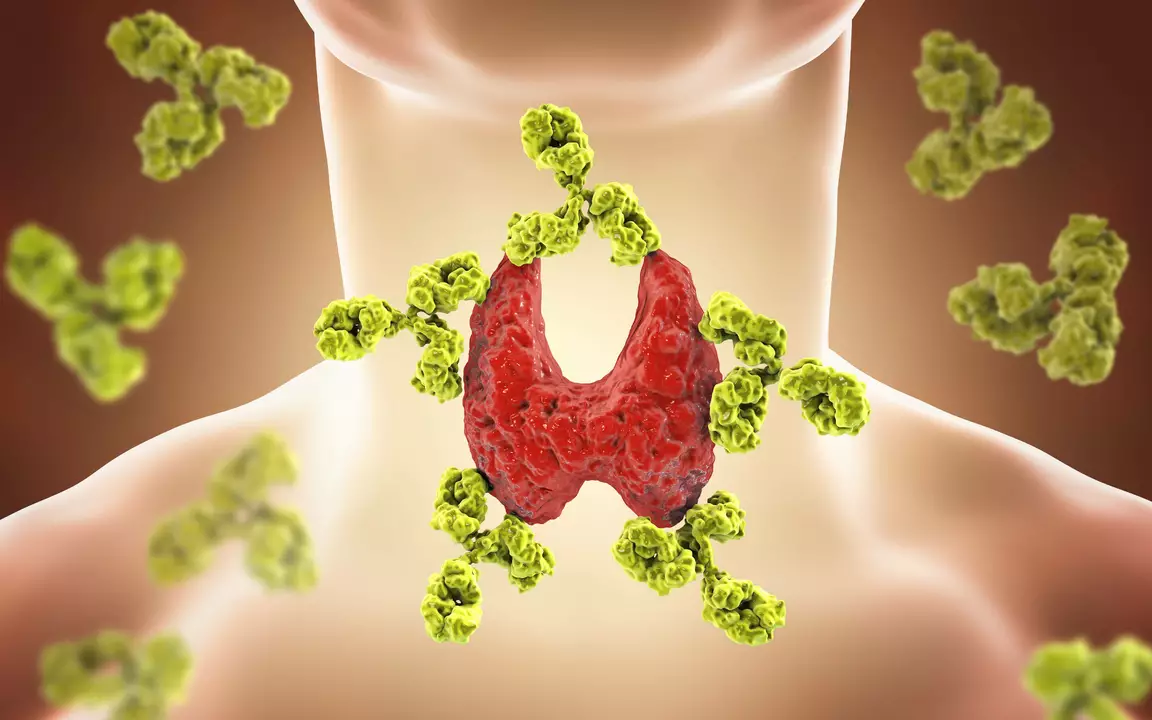Risk Factors: What Raises Your Health Risk and What You Can Do
Risk factors are the things that make it more likely you'll get a disease or health problem. Some you can't change, like your age or family history. Others you can — smoking, diet, activity, and sleep all matter. This page helps you spot common risk factors and gives concrete steps to lower the ones you can control.
Common Risk Factors by Disease
Heart disease: Key risks are high blood pressure, high cholesterol, smoking, obesity, and diabetes. Even small changes in blood pressure or weight cut your risk noticeably.
Type 2 diabetes: Being overweight, eating lots of added sugar and refined carbs, moving little, and having a family history raise your odds. Losing 5–10% of body weight often improves blood sugar control.
Stroke: Shares many risks with heart disease — high blood pressure is the single biggest factor. Atrial fibrillation, smoking, and excessive alcohol use also increase stroke risk.
Cancer: Risk factors vary by cancer. Smoking is the top preventable cause for lung and several others. Sun exposure raises skin cancer risk. Obesity links to breast, colon, and pancreatic cancers. Genetics and some infections (like HPV) matter too.
Respiratory disease: Smoking and long-term exposure to air pollution or workplace dust raise the risk for COPD and lung problems. Asthma flare-ups can be triggered by allergens and smoking too.
How to Lower Your Risk Today
Start with one clear, achievable change. Quit smoking — it reduces risk for many diseases, and help is available via meds, counseling, or quitlines. Aim for 150 minutes a week of moderate activity (walking counts) to help weight, blood pressure, and mood.
Fix your plate: increase vegetables, whole grains, and lean protein. Cut sugary drinks and processed snacks. Small swaps — water for soda, fruit for sweets — add up fast.
Check your numbers: know your blood pressure, fasting blood sugar, and cholesterol. These give real data to act on. Many pharmacies and clinics offer free or low-cost checks.
Sleep and stress: aim for 7–9 hours per night and find one stress tool that works for you — breathing, short walks, or a hobby. Chronic poor sleep and stress raise inflammation and make other risks worse.
Prevention services: keep up with vaccines and screenings (mammograms, colonoscopy, skin checks) based on age and family history. Early detection often makes treatment simpler and outcomes better.
Want to know your personal risk? Use online risk calculators for heart disease or diabetes, but treat them as a starting point. Bring results and your family history to your doctor — together you can make a clear, realistic plan to lower risk.
Small, focused steps over time beat big swings. Pick one thing you can change this week and build from there — your future self will thank you.
The Connection Between Hashimoto's Disease and Thyroid Cancer
In my recent research, I've discovered a significant connection between Hashimoto's Disease and thyroid cancer. Hashimoto's is an autoimmune disorder that attacks the thyroid gland, often leading to hypothyroidism. Studies have shown that individuals with Hashimoto's Disease are at a higher risk of developing thyroid cancer, specifically papillary carcinoma. It's crucial for those with Hashimoto's to have regular check-ups with their doctors and closely monitor their thyroid health. By staying vigilant and proactive, we can better manage our health and reduce the risk of developing thyroid cancer.
View more
